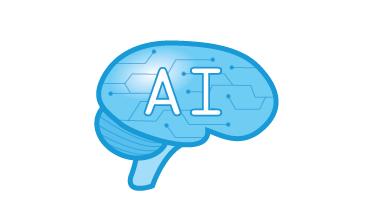
Pieter Abbeel
Pieter Abbeel (PhD Stanford, MS/BS KU Leuven) joined the faculty of the Department of Electrical Engineering and Computer Sciences at UC Berkeley in 2008. He regularly teaches CS188: Introduction to Artificial Intelligence and CS287: Advanced Robotics. His research focuses on robot learning. Some results include machine learning algorithms which have enabled advanced helicopter aerobatics, including maneuvers such as tic-tocs, chaos and auto-rotation, which only exceptional human pilots can perform, and the first end-to-end completion of reliably picking up a crumpled laundry article and folding it. Academic honors include best paper awards at ICML and ICRA, the Sloan Fellowship, the Air Force Office of Scientific Research Young Investigator Program (AFOSR-YIP) award, the Okawa Foundation award, the MIT TR35, the IEEE Robotics and Automation Society (RAS) Early Career Award, and the Dick Volz award for best PhD thesis in robotics and automation.

